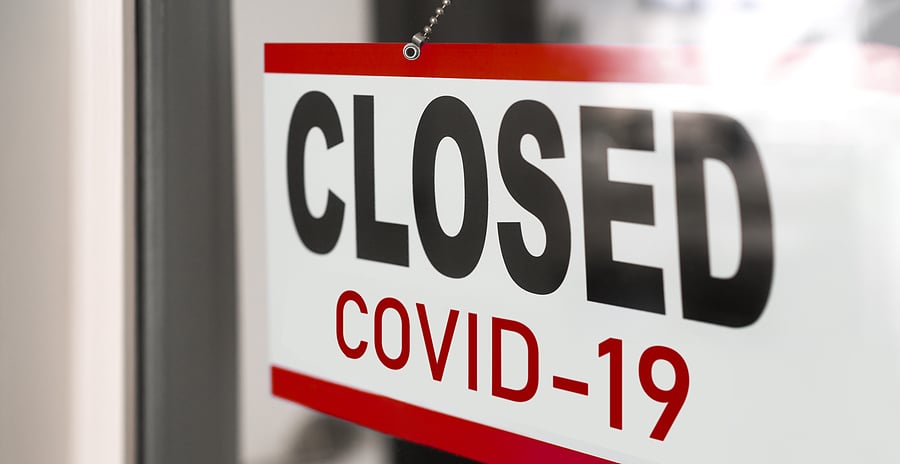The Effects of the Pandemic on Self-Direction
Amid the COVID-19 pandemic, Acumen Fiscal Agent has served various populations, including self-direction participant employers. As highlighted in the 2023 National Inventory of Self-Directed Long-Term Services & Supports, the expansion of self-direction nationwide was accelerated by several factors, with the creation of temporary emergency Medicaid waivers by the Centers for Medicare & Medicaid Services (CMS) being the most crucial. In today’s article, we delve into questions like, “How did the temporary emergency Medicaid waivers affect self-direction services?” and “What other factors led to an increased use of self-direction among individuals living with physical, intellectual, and developmental disabilities?”
Benefits of Medicaid Waivers for Self-Direction Recipients
The pandemic greatly affected the delivery and availability of medical services. For several months, most of the population was quarantined, which made receiving valuable medical care extremely challenging for many individuals. The temporary emergency waivers mentioned above were made available through Appendix K under Medicaid waivers. They provided much-needed policy changes that allowed legally responsible individuals, such as spouses or parents of minor children, to receive family caregiver compensation. Other benefits of the Appendix K Medicaid waivers include:
- Virtual delivery of urgent medical services
- Seamless transition from nursing homes back to family homes
- Limited exposure to COVID-19 for self-direction individuals and their family caregivers
- Reduced interruptions to crucial medical care
Advantages of State-Funded Self-Direction Services
The American Rescue Plan Act (ARPA) funded individual states to expand their self-direction services. Some states also used federally matched funds to reduce waitlists, raise caregiver rates, and enhance home and community-based services. As self-directed services became more available, many states opted to add new self-directed options via Appendix K waivers through CMS. Their plan for future self-directed services included offering permanent self-direction services through already established waivers. Other advantages of self-direction services for each state included:
- Restructured onboarding procedures that were developed to end long wait times for self-directed services
- Decrease in waitlists that allowed individuals to access crucial services
- Increased compensation for family members providing care to self-directed individuals
Post-Pandemic Effects on Self-Direction Services
As Appendix K Medicaid waivers expired in 2023, many states implemented self-direction policies comparable to those issued by CMS during COVID-19. In turn, some states allowed the waivers to expire, and others requested amendments with CMS to make the enhanced self-direction policies a permanent part of their state medical care services. Several different changes took place post-pandemic, such as:
- Increased shortage of caregiving staff at an all-time high since 2019
- Challenges in recruiting and retaining caregiving personnel
- Increased demand for caregivers in the private sector
- More competitive wages and benefits for caregiving staff
Fiscal Intermediary for Self-Directing Participants
Acumen Fiscal Agent offers a personal level of service for each self-directing individual with whom we work. We understand the ins and outs of self-direction programs in states nationwide and look forward to helping you manage your employee-related financial responsibilities. We gladly work with veterans, aging adults, individuals with developmental, physical, or intellectual disabilities, and their parents or caregivers. Learn more when you contact us at (877) 211-3738.


